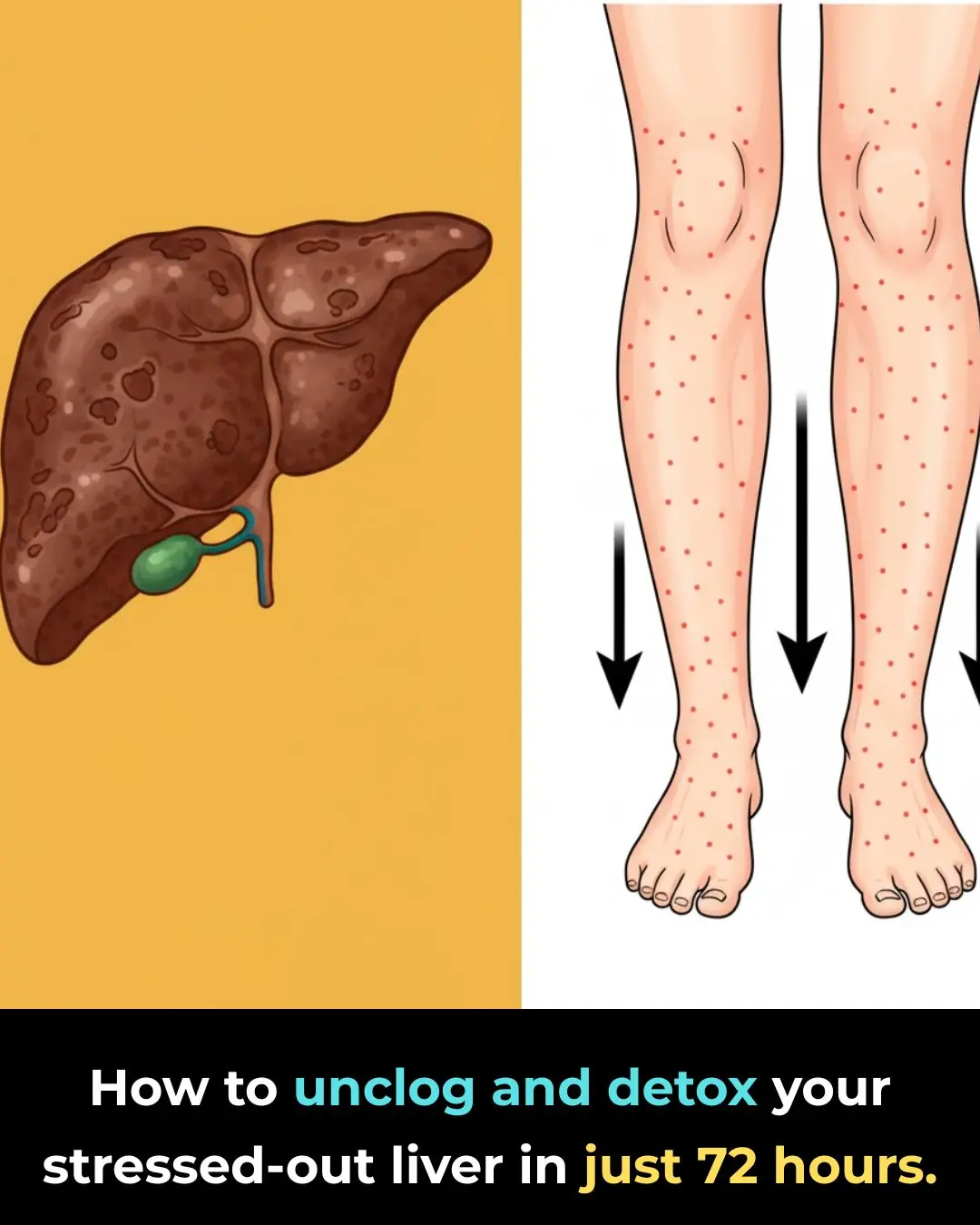
Texas reports 4× surge in whooping cough cases — health officials issue statewide alert

Have you or someone close to you been battling a lingering cough that just won’t go away? If you’re in Texas, health officials say now is the time to pay close attention. The state is experiencing a sharp and troubling rise in whooping cough cases, and families—especially those with newborns and young children—are being urged to stay vigilant.
The Texas Department of State Health Services (DSHS) recently issued a statewide health alert after new data revealed that the number of pertussis (whooping cough) infections has quadrupled compared to this time last year. With more than 3,500 reported cases so far, this is the second consecutive year of dramatic increases, signaling a growing public health threat that requires swift community action.
Key Takeaways
• Massive Surge in Cases
Texas is facing nearly four times the number of whooping cough infections seen at the same time last year—a dramatic escalation that health experts are closely monitoring.
• A Highly Contagious Infection
Whooping cough is caused by the Bordetella pertussis bacteria and spreads extremely easily through coughing, sneezing, and close contact.
• Infants Are the Most Vulnerable
Babies under 12 months face the highest risk of severe complications, including hospitalization, pneumonia, and even death.
• Vaccination Remains the Best Defense
Staying up-to-date with recommended vaccines is essential for protecting not only yourself, but also the most vulnerable members of your community.
What Exactly Is Whooping Cough?
Whooping cough is far more serious than an ordinary cough or seasonal illness. It begins subtly—with symptoms that resemble a typical cold:
-
Runny or stuffy nose
-
Sneezing
-
Mild cough
-
Low-grade fever
But after one to two weeks, the infection often progresses into its hallmark stage: repeated, violent coughing fits that can make it hard to breathe. Between these fits, people may gasp desperately for air, producing the well-known “whooping” sound that gives the disease its name.
The illness develops in three stages:
-
Catarrhal Stage – mild, cold-like symptoms
-
Paroxysmal Stage – intense coughing spells that can cause vomiting or exhaustion
-
Convalescent Stage – gradual recovery that can stretch on for weeks or months
Even after the worst symptoms fade, coughing can return with future colds or infections because the airways remain extremely sensitive.
Who Is Most at Risk?
Although anyone can contract pertussis, certain groups face significantly higher dangers:
Infants and Babies Under 12 Months
Because their immune systems are not fully developed and they are often too young to be fully vaccinated, infants are at the greatest risk. Instead of a classic "whoop," a baby may:
-
Struggle to breathe
-
Turn blue
-
Experience apnea (brief pauses in breathing)
-
Appear extremely fatigued or unresponsive
For them, whooping cough can escalate rapidly into a medical emergency.
Teens and Adults
Immunity from childhood vaccinations fades over time, leaving older children and adults vulnerable. While symptoms tend to be milder, many don’t realize they’re infected—yet they can still unknowingly spread the bacteria to infants, pregnant women, and others at higher risk.
Pregnant Women
Expectant mothers are strongly encouraged to receive the Tdap vaccine because it provides lifesaving antibodies to the baby before birth.
How Can You Protect Your Family?
1. Vaccination Is Key
The CDC and Texas DSHS both emphasize that vaccination is the most powerful way to stop pertussis from spreading.
-
Children receive the DTaP vaccine series.
-
Teens and adults receive Tdap booster doses.
-
Pregnant women should get Tdap during every pregnancy, ideally between 27–36 weeks, to protect newborns during their first months of life.
2. Be Vaccinated Before Visiting Newborns
Anyone planning to be around an infant should make sure they are vaccinated at least two weeks prior. This includes parents, grandparents, babysitters, and close family friends.
3. Watch for Symptoms and Seek Testing Early
If you or a family member develops a long-lasting cough, fever, or severe coughing fits, get evaluated by a healthcare professional. Early diagnosis not only protects you but also helps prevent community spread.
4. Practice Good Hygiene
Simple steps like washing hands, covering your cough, avoiding close contact when sick, and staying home when symptomatic can make a major difference—especially during outbreaks.
Conclusion
The surge in whooping cough cases across Texas is a serious and urgent public health concern. This isn’t a distant problem—it’s a rapidly unfolding situation that affects entire communities. Understanding the symptoms, recognizing how easily the infection spreads, and staying current with vaccinations are the most effective tools we have to protect ourselves and the most vulnerable among us.
By taking proactive steps today, you can help slow the outbreak, reduce the risk of severe complications in infants and young children, and contribute to keeping your community safe and healthy.
News in the same category


Drink one cup daily of this juice to UNCLOG arteries?
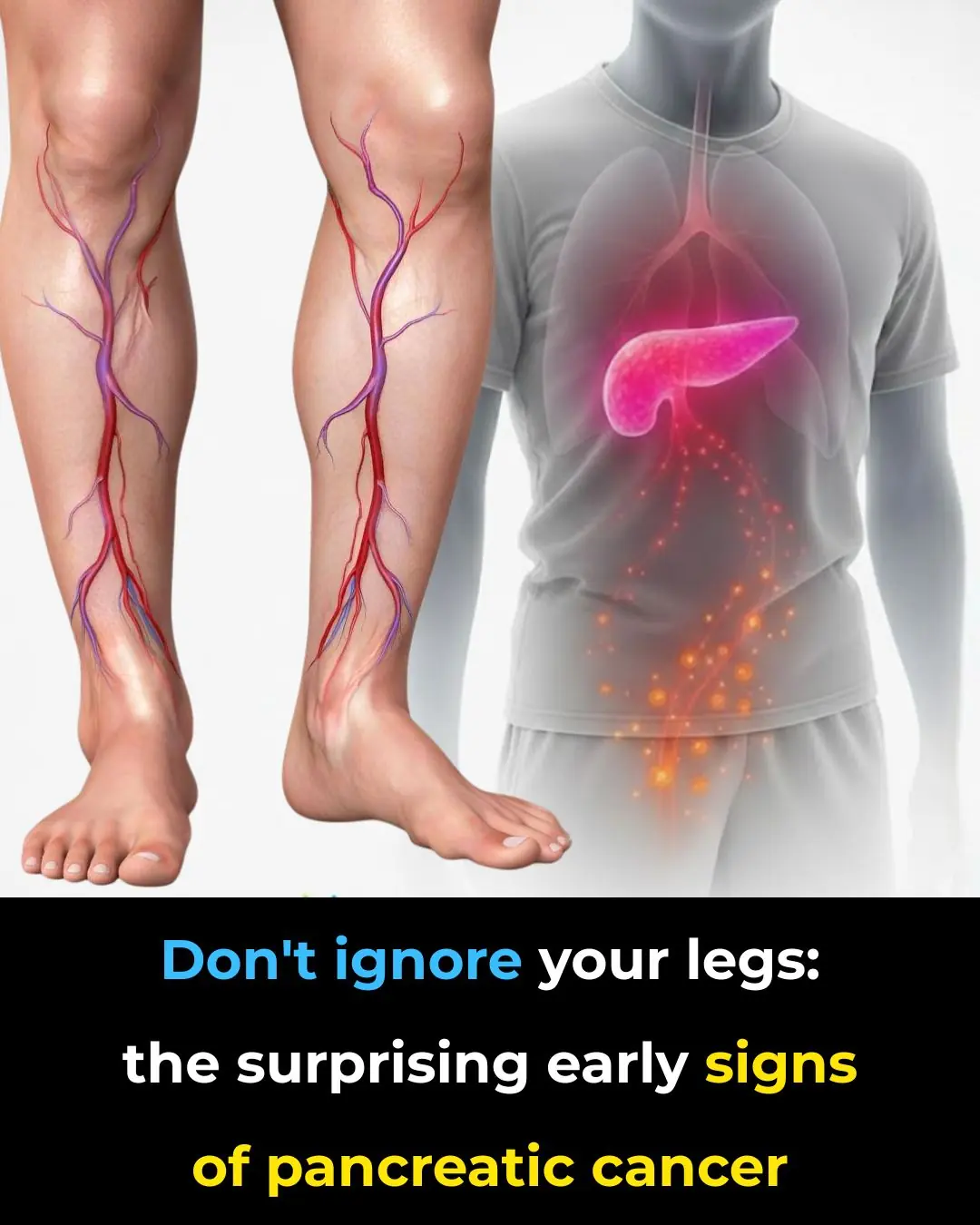
Don’t ignore your legs: the surprising early signs of pancreatic cancer
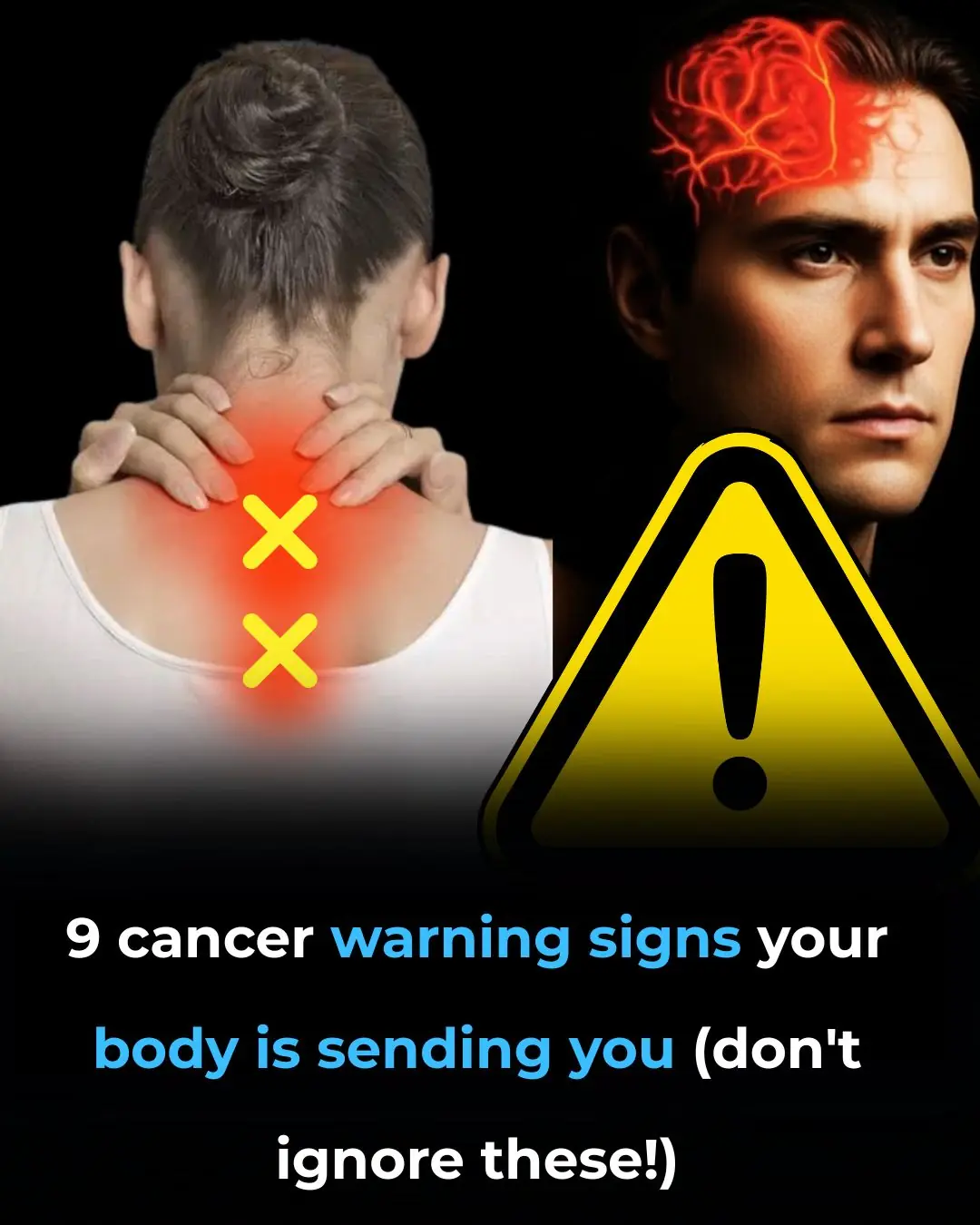
9 cancer warning signs your body is sending you (don’t ignore these!)
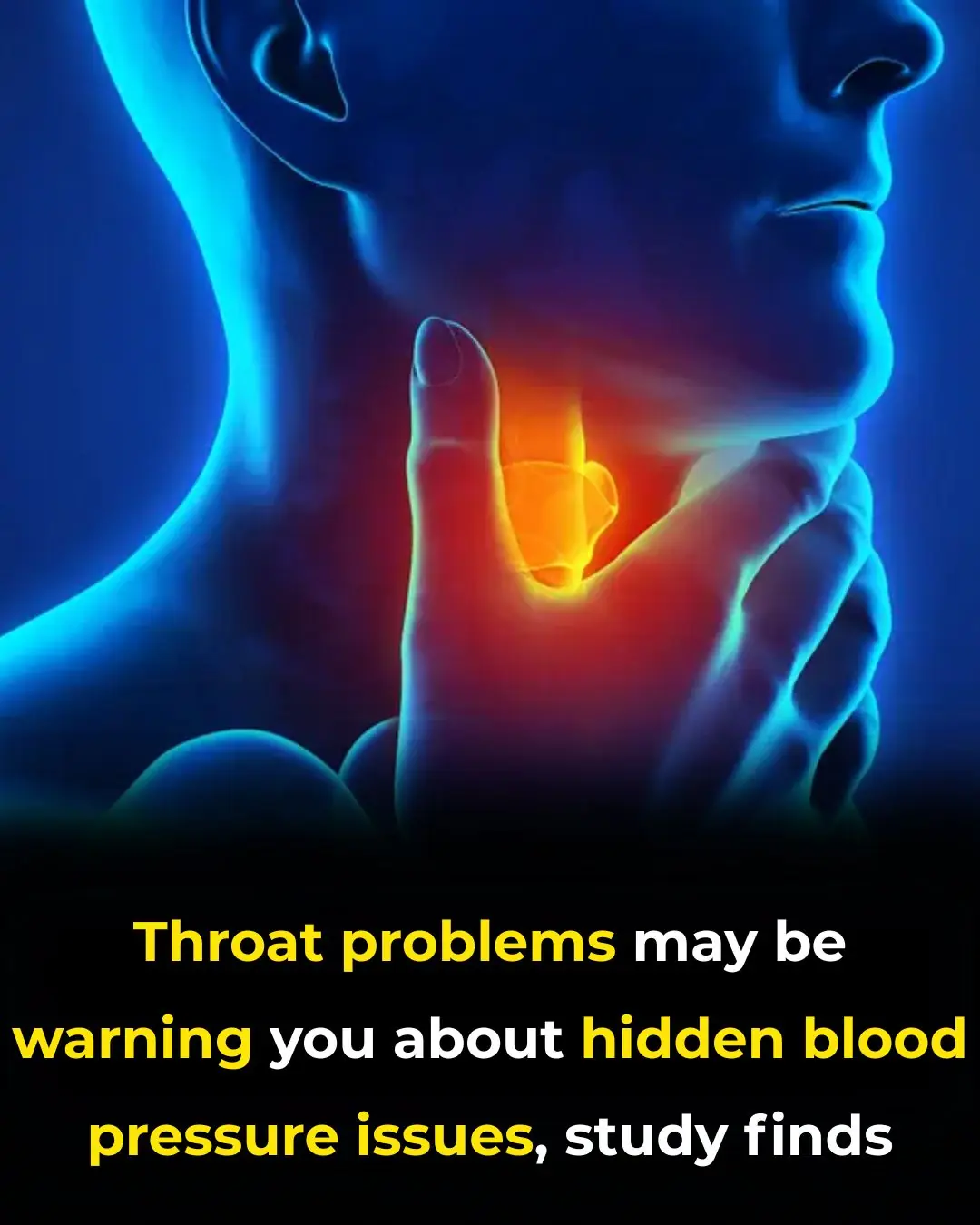
Throat problems may be warning you about hidden blood pressure issues, study finds
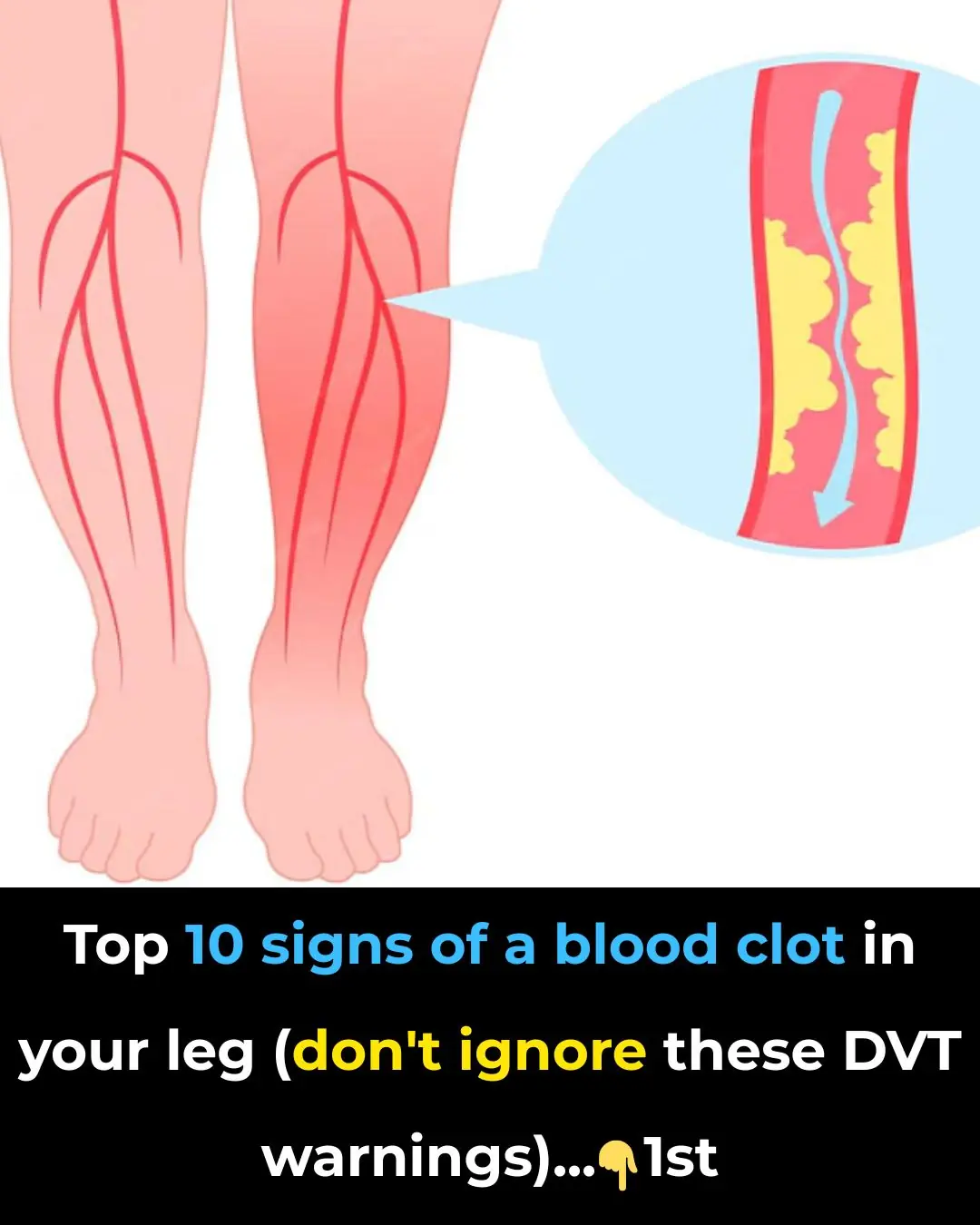
Top 10 signs of a BLOOD CLOT in your leg (prevent Deep Vein Thrombosis)

Say Goodbye to Parasites, Cholesterol, High Blood Pressure, and Poor Circulation With This 7-Day Homemade Drink

Drink This 2X a Day to Remove Uric Acid Before it Crystallizes in Your Joints and Becomes Painful

Lower blood sugar naturally by training just 2 leg muscles

3 Food Combo to Strengthen Your Heart

What Your Belly Is Trying to Tell You

1/4 teaspoon reverses gut inflammation & cleanses liver toxins

Vitamin D3 cuts second heart attack risk by half
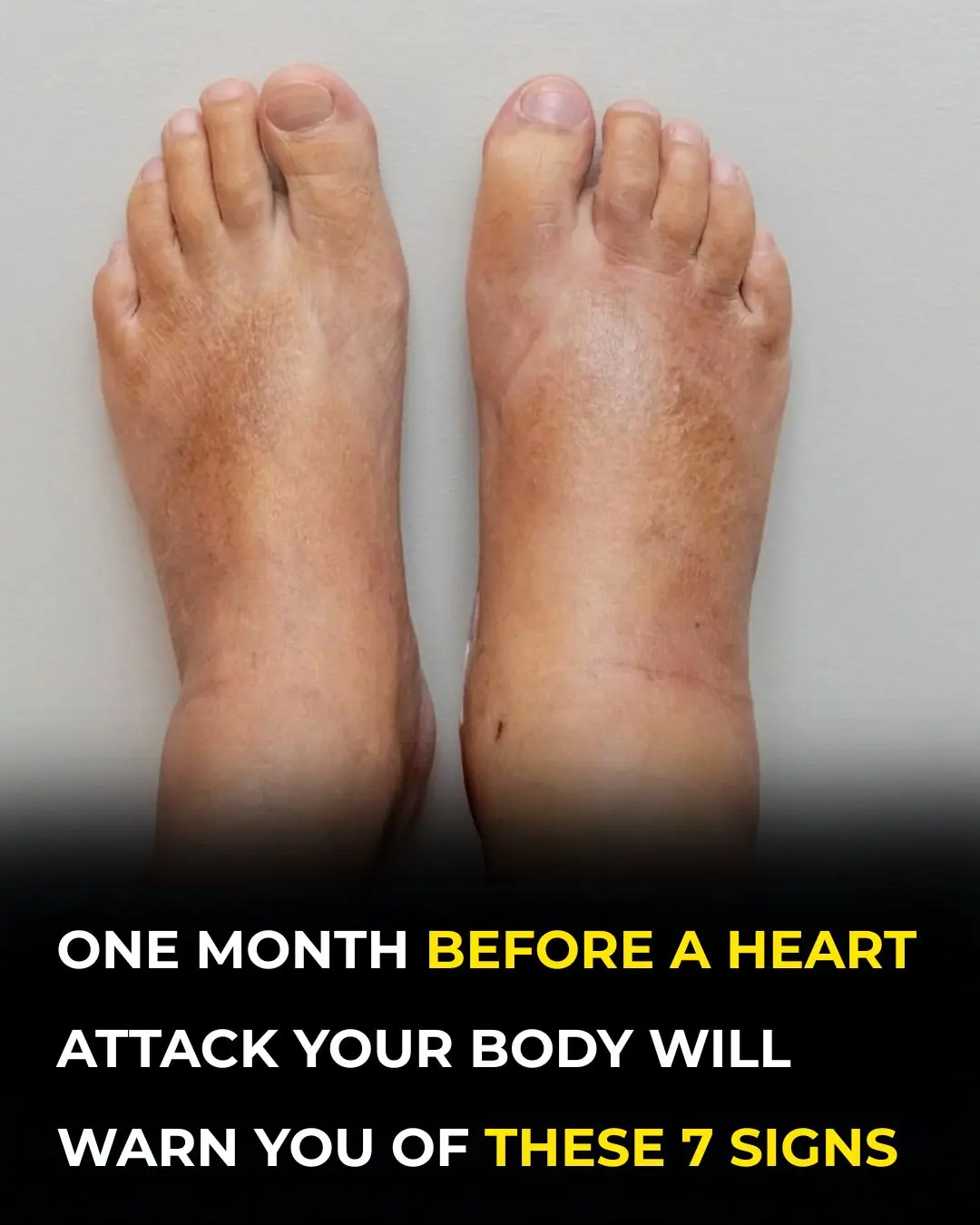
One Month Before A Heart Attack, Your Body Will Warn You Of These 7 Signs

4 vitamins to reverse neuropathy and damaged nerves – relieve foot & hand pain fast!

1st death linked to “meat allergy” spread by ticks, doctors confirm

Ignite Your Day: Eggs + Coffee for Unstoppable Stamina & Vitality
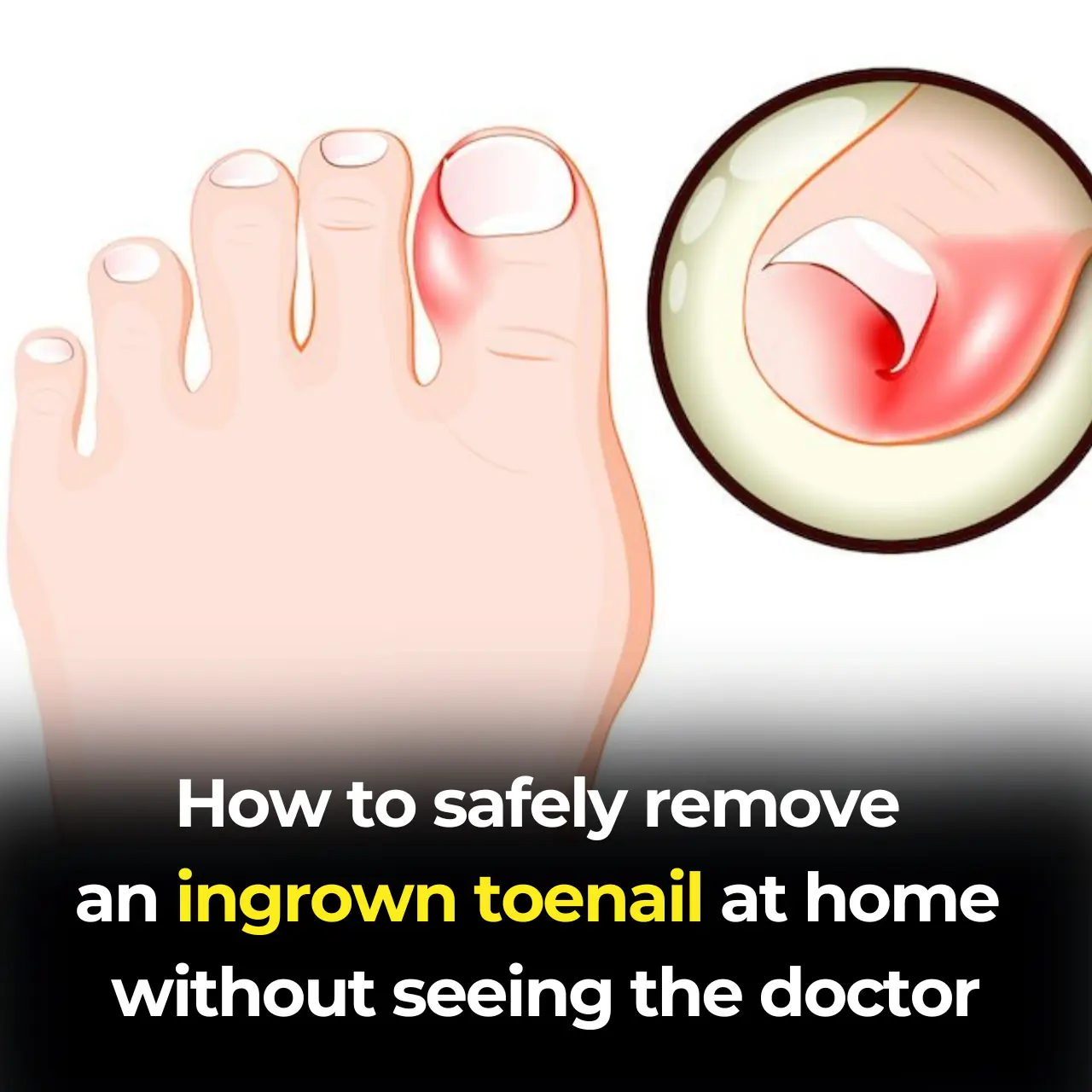
How to Effectively Remove a Painful Ingrown Toenail WITHOUT Having To Go To The Doctor

This Is What Happens To Your Lungs When You Dry Laundry Indoors
News Post

How To Unclog And Detox Your Stressed-Out Liver In Just 72 Hours

Why should you drop a clove of garlic into the toilet at night?

4 ways to boil chicken without water

5 Best Collagen Toners For Wrinkle Free Glowing Skin

Rice water is like gold in the house if you know how to use it for these things

7 Days Indian Glass Skin Challenge

I Just Discovered the Benefits of Hanging a Bottle Cap on a Keychain
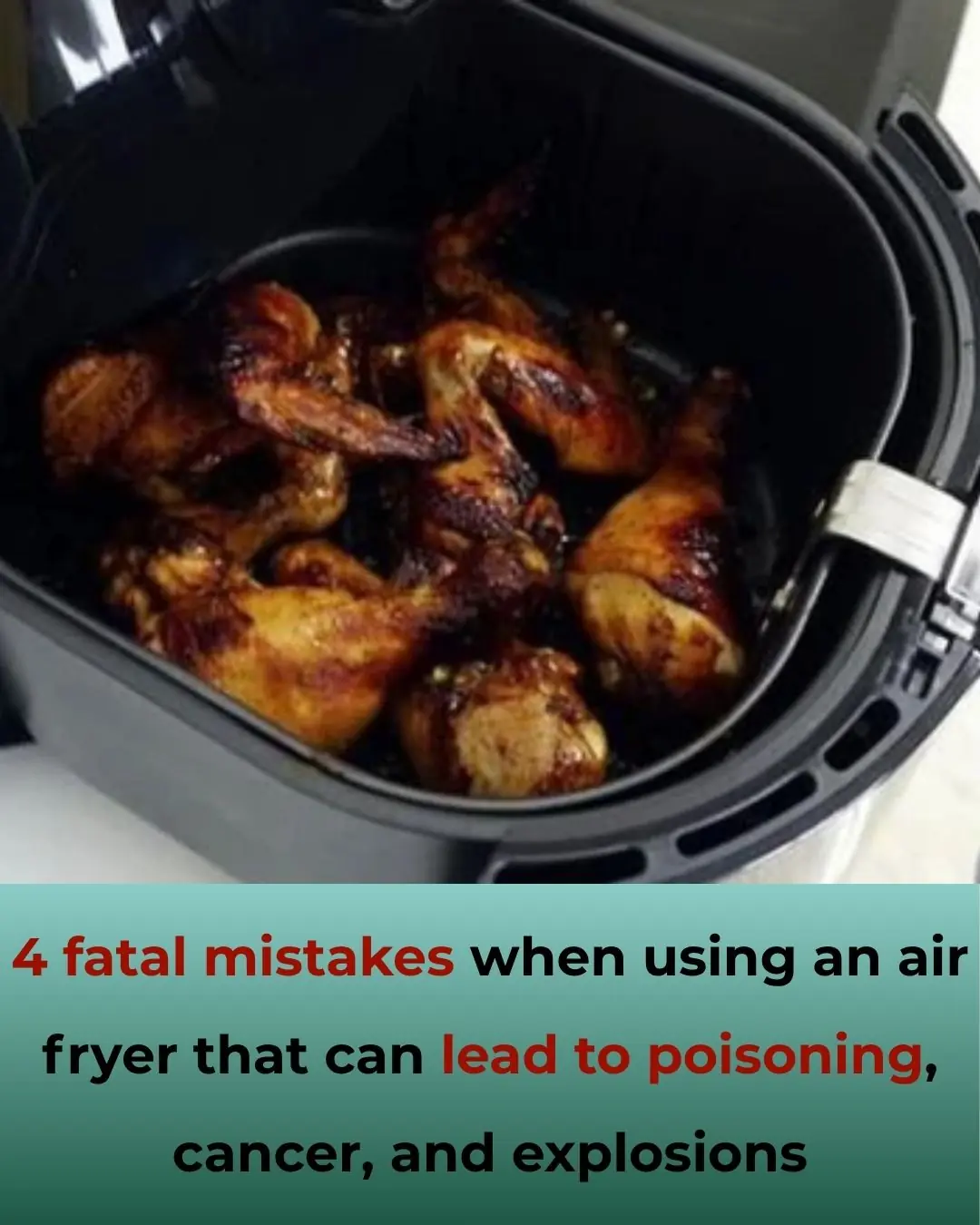
4 Dangerous Mistakes When Using an Air Fryer: Risks of Food Poisoning, Cancer, and Fires

Coffee Baby Oil Vitamin E Formula: Collagen Cream For Wrinkle Free Glowing Skin

Lady places cup of vinegar into microwave. Here’s the genius reason why

I had no idea this was a thing
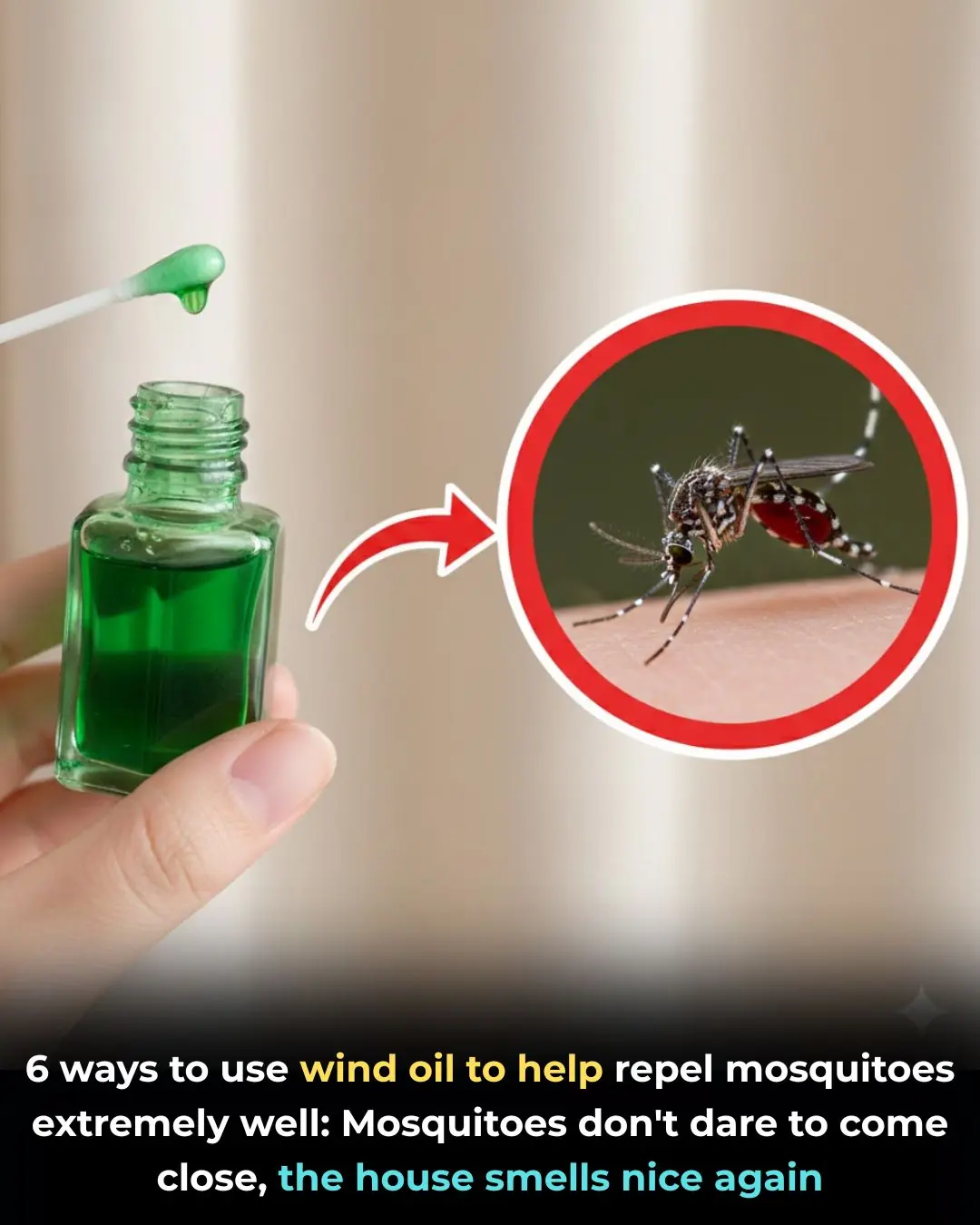
6 ways to use wind oil to help repel mosquitoes extremely well

10 odd home fixes you’ll wish you learned years ago

12 weird but genius ways to unclog things naturally

Put borax on wax paper and slide it under fridge. Here's why

How to Grow Cucumbers in Pots for Heavy Harvests All Season Long

How to make steamed pears with rock sugar is both delicious and nutritious
Let’s take a look at some tips to help keep your kitchen space clean and free of unpleasant odors.

Drinking Roasted Black Bean and Ginger Tea for 7 Days Brings 3 Major Health Benefits
